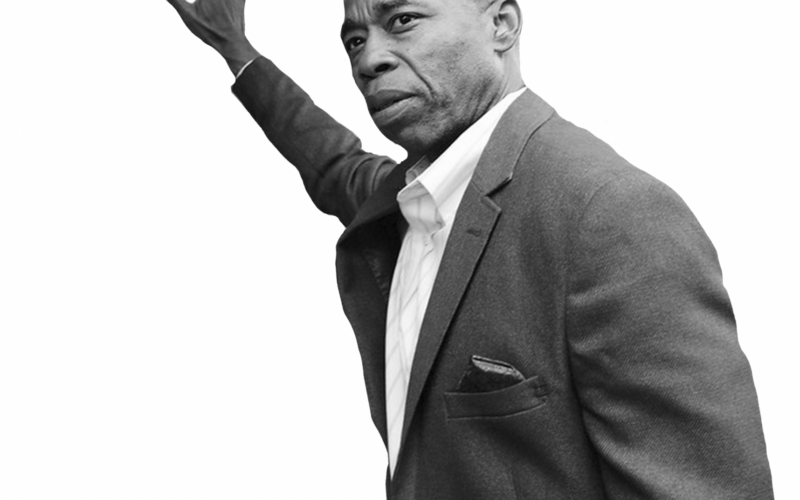Grace Responds to Mayor Adams’s Crime Initiatives
Media provided by Managing Editor, Naaz Valvani ’22.
On Jan. 1, with the new year fresh upon us, former New York Mayor Bill de Blasio completed his eight-year term, making way for the new mayor: Eric Adams. While campaigning, Adams made it clear that his administration would prioritize tackling crime after a sharp increase during the pandemic.
According to the NYPD, as a result of the pandemic, shootings nearly doubled from 777 to 1,531 and murders increased 44% from 319 to 462 from 2019 to 2020. The numbers continued to rise with January 2022 seeing a 38.5% overall violent and nonviolent crime increase compared to January 2021.
In an announcement on Jan. 24, Mr. Adams revealed his “Blueprint to End Gun Violence” aimed to accomplish just that: “We will start by putting more officers on patrol in key neighborhoods throughout the city,” Mr. Adams said in the video released by the NYC Mayor’s Office. “We will launch these additional teams in the next three weeks with deep focus on 30 precincts where 80% of violence occurs.”
Mr. Adams also noted that he will deploy a non-uniformed anti-crime unit in said neighborhoods, a heavily controversial idea amongst New Yorkers.
Despite many Grace students living in relatively low-crime neighborhoods like Tribeca, the Upper East Side, and Midtown Manhattan, Adams’s policies affect everyone — particularly the students and faculty of GCS who commute to school and back home on the subway. Mr. Adams recently proposed to police subways heavily in response to a 28% increase in assaults from 2020 to 2021.
When asked about his thoughts on Adams’s proposition to increase police patrol on trains, Jackson H. ‘23 mentioned that he is “generally supportive” of the Mayor’s plan, claiming, “I think this is a good, targeted strategy.” However, he is cautious to give his full support, noting that, “the specifics of how he’s going to do this aren’t clear.” Yet, Jackson concluded that Adams’s proposition to police subways more heavily “will make subways safer overall.”
Other members of the community expressed some concern with a possible return to the ‘stop and frisk’ days of New York: the heavily racialized and unsuccessful attempt to keep the city safer.
Ms. Kallan Wood, Dean of the Class of 2023, pronounced, “With Adams’s plans, I don’t know, I don’t know if they are a good idea,” she said. She wonders about the effectiveness of the increased police presence. “Sometimes having police around can make you feel more safe and sometimes it can do the opposite.”
Already, in one of Mr. Adams’s new initiatives, a combination of police and health care workers have been patrolling the subways in a quest to help more homeless people find shelter. By the last week of February, the New York Times reported there has been a noticeable decline in the homeless population in the subways, and Mr. Adams hopes the new patrols will lead to fewer unprovoked attacks throughout the underground system.
There seems to be a level of uncertainty coming from the GCS community about Mayor Adams, and specifically his plans to increase police presence. No one can predict the outcome of his plans, and only time will tell the success or failure of his administration.

